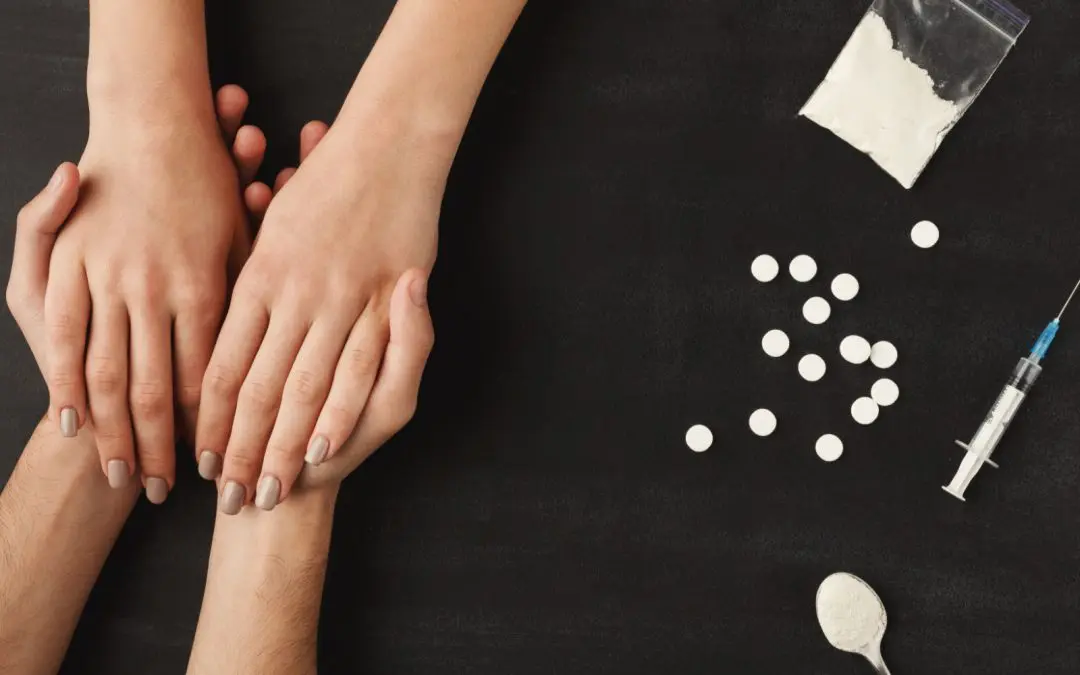24/7 Helpline:
(866) 899-221924/7 Helpline:
(866) 899-2219
Learn more about PTSD Rehab centers in Escambia County
PTSD Rehab in Other Counties

Other Insurance Options

Sutter

Group Health Incorporated

Cigna

Health Partners

Covered California

Anthem

Magellan

Optum

Optima

Kaiser Permanente

Private insurance

PHCS Network

Humana

UnitedHealth Group

Ceridian

Providence

Access to Recovery (ATR) Voucher

ComPsych

Aetna

BlueShield

M and A – Community Outreach
M and A – Community Outreach is a private rehab located in Pensacola, Florida. M and A – Community O...

Cordova Counseling Center
Cordova Counseling Center is a private rehab located in Pensacola, Florida. Cordova Counseling Cente...

Baptist Hospital – Behavioral Medicine Center
At the Baptist Hospital Behavioral Medicine Center, patients receive substance abuse treatment to he...

Lakeview Center – MAT Clinic
MAT Clinic - North Palafox Street offers outpatient treatment for individuals with opiate addiction....

Lakeview Center – Road to Recovery
Lakeview Center is a comprehensive human service organization that serves as a behavioral health org...

Reality Check Counseling Services
Reality Check Counseling Services is able to provide mental health counseling, couples therapy, fami...

New Season – Pensacola Metro Treatment Center
New Season - Pensacola Metro Treatment Center is a private rehab located in Cantonment, FL. New Seas...

Pensacola Men’s Rehab
Pensacola Men’s Rehab, part of Teen Challenge, is here to help through faith-based residential progr...

Pensacola Women’s Rehab
Pensacola Women’s Rehab, part of Teen Challenge, is here to help through faith-based residential pro...

Baptist Behavioral Medicine Center
Baptist Behavioral Medicine Center offers inpatient treatment for individuals with alcohol and/or su...

Many Nations
Many Nations is a private rehab located in Pensacola, Florida. Many Nations specializes in the treat...

New Beginnings Recovery Homes
New Beginnings Recovery Homes is a private rehab located in Pensacola, Florida. New Beginnings Recov...

Bradford Health Services
Bradford Health Services is a private rehab located in Pensacola, FL. Bradford Health Services speci...

Halo Recovery Services
Halo Recovery Services is a private rehab located in Pensacola, Florida. Halo Recovery Services spec...

Brilliant
Brilliant is a private rehab located in Pensacola, Florida. Brilliant specializes in the treatment o...

Al Anon – Answering Service
Al Anon – Answering Service is a non-profit rehab located in Pensacola, Florida. Al Anon – Answering...

DISC Village
DISC Village is a private rehab located in Pensacola, Florida. DISC Village specializes in the treat...


































































































































